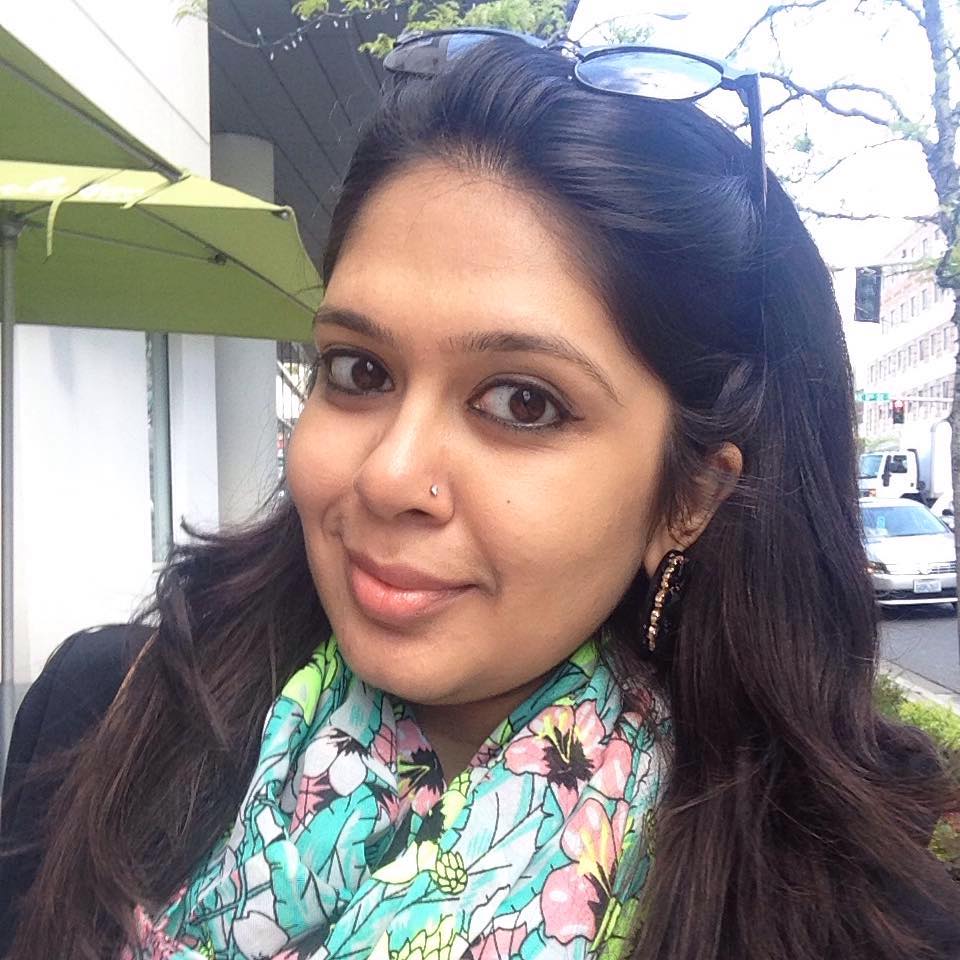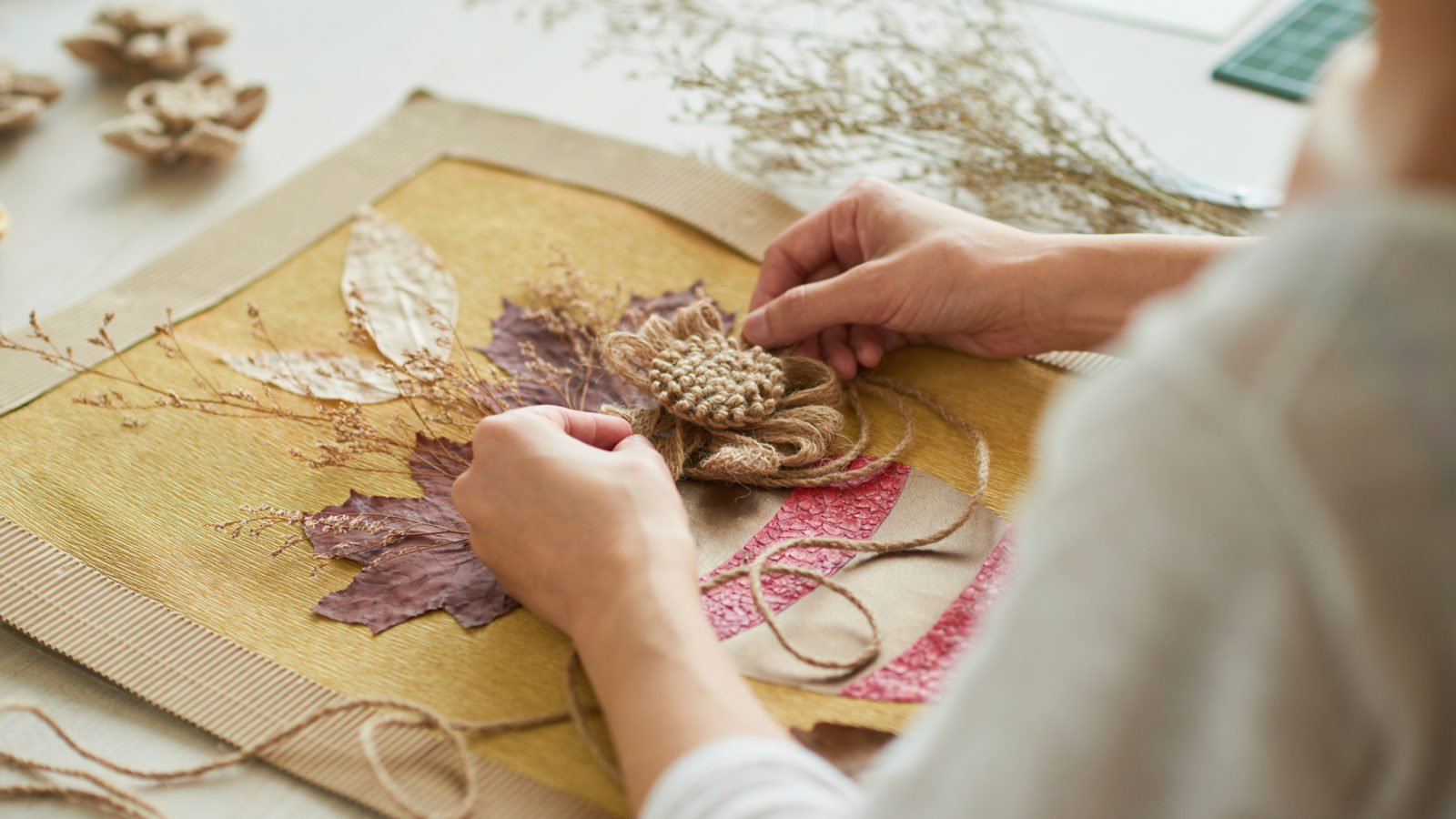Like most Indians, I was born into a joint family. Also like most Indian children, my mother and aunt would be busy with endless household duties while their children were left to their own devices. We shared our toys among cousins—Barbie dolls, kitchen sets and the likes. And so, we often played with toys not meant for our age.
It was on one such usual sunny afternoon that my sister (age 7), our cousin and I (age 3) sat on the balcony of our apartment, playing with her new Barbie. Little did my cousin and I understand how to play with Barbies.
Not sure what entertainment to expect from this Barbie, I am told, I held it by the legs and dashed it on the floor. While the doll survived this, it didn’t survive the next blow. The legs in one hand, I yanked the hair and off came the head! My sister saw this, but all too late and began wailing. Her favourite new toy was broken.
It was my grandmother who came to my sister’s, and the doll’s, rescue. As she put the doll together, she endearingly said to my sister a piece of wisdom we would hear repeatedly even after that day, “Rotey nahin, yeh sab moh-maya hai.” (Don’t cry, for materialistic items are but an illusion).
As we confined ourselves to our homes, it hit me how this ancient piece of Indian wisdom holds true in current times. During the first week of the lockdown, it became evident how easy it is to be happy without branded bags, fast cars and a general luxurious lifestyle. This is why my grandma’s advised us not to chase material goods. Without people around, these things are not really wanted. Satisfaction and happiness lie in finding company, comforting sleep and food, occupation, and access to fast wifi!
As the days passed, several more of her wise quips have come in handy. Here are some more of them:
An idle brain is the devil’s workshop
Khali dimaag shaitaan ka ghar hota hai! Whether you’re working remotely or your work has completely come to a standstill, either way, everyone’s daily routine is topsy-turvy. No commuting to work, no restaurants to dine at, no gyms to workout at. This has freed up a lot of time. My grandma always emphasised the importance of keeping the mind occupied. A little caution to be exercised here, though, is not taking on unnecessary stress about “learning a new skill” before the lockdown ends. The key here is finding balance.
A bad workman always blames his tools
And that brings me to the next one: Naach na jaaney aangan tedha. If you are actually trying to self-learn a new skill, you will always experience beginners’ luck. But as you practise and increase the complexity of your task, things will come crashing down. Whether it’s painting, cooking, singing or yoga, this point will always arrive in your learning journey. At this point, it’s easy to pass on the blame and give up. But if you wish to continue self-learning, in all probability, you’re not using the tools correctly. A three-point action step can be helpful here: (1) Pause (2) Accept your failure (3) Give yourself feedback. And if you can’t figure it out yourself, browse YouTube videos to find what you missed. Help yourself improve.
Pair utne hi failao jitni chadar ho
This Indian adage loosely equates to: “One should not live beyond one’s means.” Financial experts have been explicitly mentioning a global recession even before lockdowns. However, now they speak of its oncoming with certainty. In such times, it’s essential to be wary of spending on luxuries, and conserve money to sail through the year to come. Reflecting on Maire Kondo’s advice could help you choose how to live during these tough times: “We should be choosing what to keep, not what to get rid of.”
And last but not the least:
A stitch in time saves 9
Statistics have shown the exponential spread of the COVID0-19 virus. But simple actions can save us the trouble of battling the virus. We all know the drill—social distancing and maintaining hygiene. Practising one without the other won’t be helpful. For instance, it’s possible that you’ve contracted the virus but haven’t yet shown symptoms. You can easily pass it on to your friends or family if you haven’t distanced yourself. Or, if you’ve distanced socially, it’s possible to come in contact with the virus during a grocery run. Just washing hands can be helpful here.


